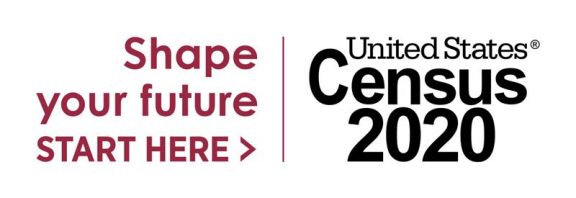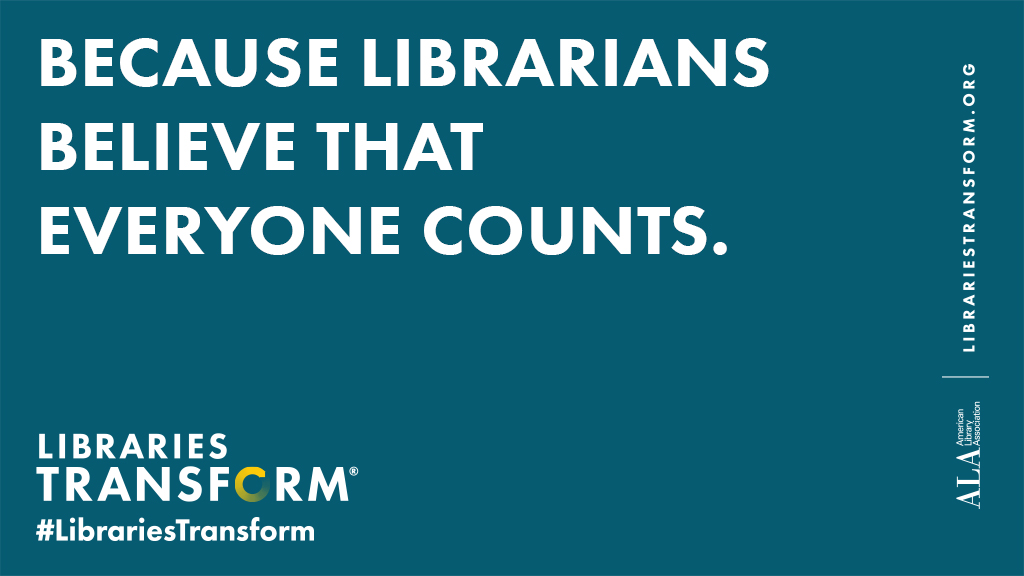 Article 1, Section 2 of the United States Constitution mandates that the country conduct a count of its population once every 10 years. Every census aims to count the entire population of the country, and at the location where each person usually lives. This year will be the 24th time that the country has counted its population since 1790. Get ready for the 2020 Census!
Article 1, Section 2 of the United States Constitution mandates that the country conduct a count of its population once every 10 years. Every census aims to count the entire population of the country, and at the location where each person usually lives. This year will be the 24th time that the country has counted its population since 1790. Get ready for the 2020 Census!
Everyone living in the 50 states, District of Columbia and five U.S. territories is required by law to be counted. This includes babies and people in the United States who are not citizens. You can learn more about who to count here.
If you’re wondering what’s done with the data collected, the answer is — a lot. The big three areas impacted by census results are representation, funding and services. Census numbers determine the number of seats a state has in the U.S. House of Representatives, as well as the districts for state government. They guide the distribution of between $600 and $800 billion in federal funding to local communities annually. And census numbers are used in the creation and upkeep of local services such as roads, schools, hospitals, senior centers, emergency services and libraries. The data is also used by researchers, genealogists and businesses. The demographic data can affect the job market in an area. Businesses use it in decisions about locating stores, factories and business headquarters.
If you’re concerned about the safety of your data, rest assured. The Census Bureau is bound by Title 13 of the U.S. Code to keep your information confidential. They cannot release any identifiable information about you, your home or your business, even to law enforcement agencies. The answers you provide are only used to produce statistics.
But misinformation and scams are out there! During the 2020 Census, the Census Bureau will never ask for your social security number, bank account or credit card numbers, money or donations. If you have contact, whether in person or otherwise, that you find suspicious, you can contact your regional office or email ois.fraud.reporting@census.gov. You can go to this “fighting census rumors” page to check the validity of any information you come across.
At DBRL we are committed to do our part to ensure a fair, accurate and inclusive census. We are a part of the Boone County Counts Census Partnership, and we are engaged in a number of efforts to support a complete count in the 2020 Census.
- We have a census topic guide to help answer questions you might have.
- This being the first time the census can be completed online, staff are prepared to assist patrons at our public Internet computers.
- In addition, we have reserved our Training Center for census response drop-in help from 4-9 p.m. March 31st- April 2nd.
- You can also find a census exhibit on the first floor of the Columbia Public Library, book display on the second, promotional materials in all our facilities and a census-focused genealogy program.



